theissues
Why Clean Cooking?
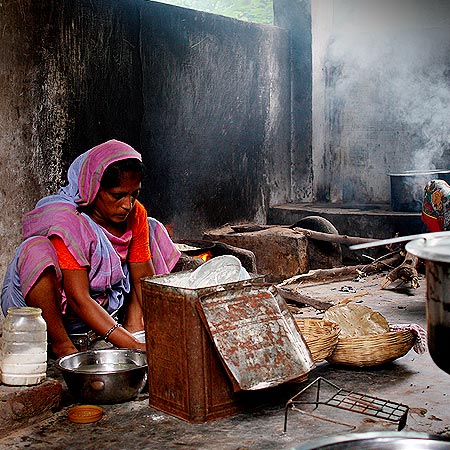
No one’s life should be limited by how they cook. Yet globally, more than two billion people depend on polluting, open fires or inefficient stoves to cook their food, harming health, the climate, and the environment. Women and girls, who often spend hours cooking and collecting fuel, are disproportionately affected.
Cleaner, more modern stoves and fuels have the potential to reduce deaths from smoke-related illnesses, mitigate climate change, and lower air pollution. They can provide new sources of livelihoods for women while reducing the risk and drudgery of fuel collection, and can lower household expenditures on cooking fuel.
Clean cooking is vital to combating global climate change and reducing environmental degradation.
Cooking over polluting, open fires, or inefficient stoves emits one-quarter of global black carbon emissions, the second largest contributor to climate change after carbon dioxide.
Climate and Environment
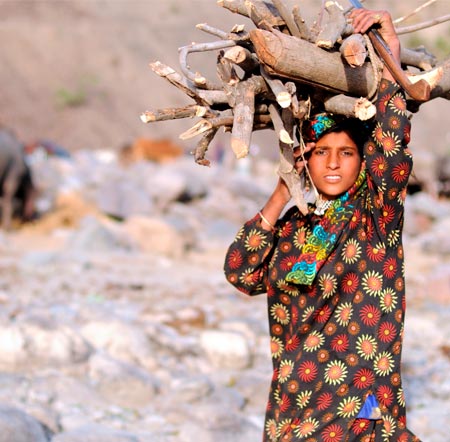
Investment
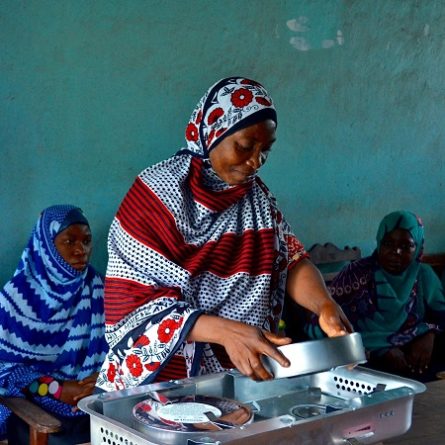
There is no single stove, fuel, or business model that can meet the needs of every family, community, or country.
Achieving universal access to clean cooking solutions requires scaling up a range of technologies and business models. By developing a thriving global market for cleaner, more modern stoves and fuels, we can change the way the world cooks.
Every day millions of women and girls around the world breathe in harmful smoke while cooking and spend hours walking far distances to secure cooking fuel.
Women play a critical role in increasing awareness and generating demand for clean cooking solutions, partly as a result of their networks and community relationships. The clean cooking value chain also offers new pathways for women’s economic empowerment, providing opportunities for women entrepreneurs to contribute to a thriving global industry for clean cooking.
Gender
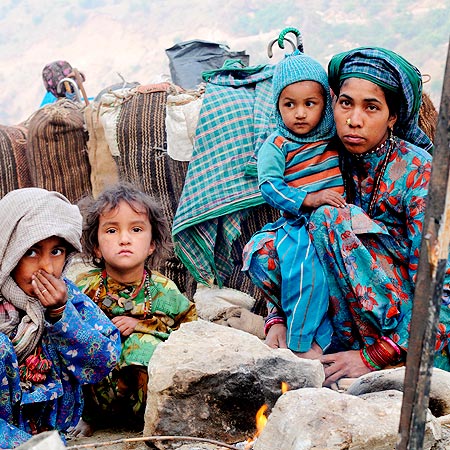
Health
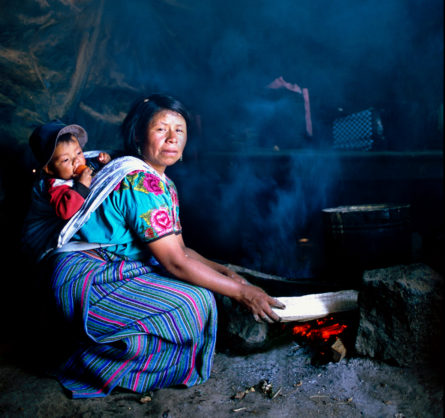
Exposure to household air pollution from burning wood, charcoal, coal, and kerosene is a leading risk factor for diseases, including childhood pneumonia, chronic obstructive pulmonary disorder, ischemic heart disease, stroke, and lung cancer.
Globally, up to 3.2 million people die prematurely each year from illnesses attributable to household air pollution. The adoption of cleaner, more modern stoves and fuels can reduce the risks of illness and save lives.

